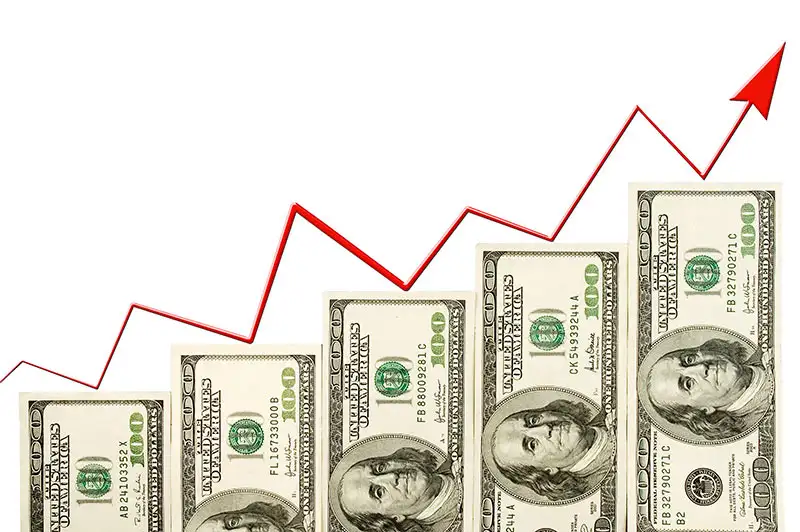
Business and Wealth Building, Part 1
Success in business is based on constantly adapting to changes in the market. A business is an activity that seeks to provide goods or services to others while operating at a profit. To earn that profit, you provide desired goods, jobs and services to people or other businesses. Goods are tangible products, e.g. computers, food, clothing, cars and appliances. Services are intangible products, e.g. education, health care, insurance, recreation, travel and tourism. Once you’ve developed the right goods and services, based on consumer wants and needs, you need to reach those consumers using their prefered media, including TV, social media, online advertising and more.
Although wealth doesn’t need to be your primary goal, one result of successfully filling a market need is that you can make money for yourself, sometimes quite a bit, by giving consumers what they want. An entrepreneur is a person who risks time and money to start and manage a business.
Revenues, Profits and Losses
Revenue is the total amount of money a business takes in during a given period by selling goods and services. Profit is the amount of money a business earns above and beyond what it spends to run the operation, such as salaries and other expenses. A loss occurs when a business’s expenses exceed its revenues. If a business loses money over time, it will likely have to close. Over 175,000 business in the US close each year.
As noted, the business environment is constantly changing. What seems like a great opportunity today may become a huge failure when the economy changes. Starting a business may thus come with huge risks, but huge risks often result in huge profits.
Matching Risk with Profit
Risk is the chance an entrepreneur takes of losing time and money on a business that may not prove profitable. Not all enterprises make the same amount of profit. Often big risk can mean big profits.

